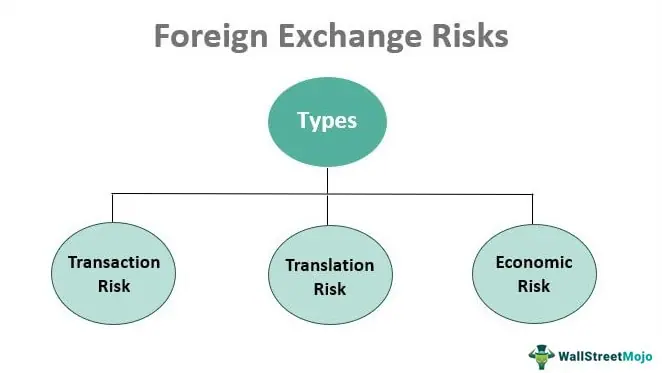Types of Exchanges
1. Stock Exchanges
Stock exchanges are the most well-known type of exchange. They provide a marketplace for trading shares of publicly traded companies. Examples of stock exchanges include the New York Stock Exchange (NYSE) and the Nasdaq.
2. Cryptocurrency Exchanges
Cryptocurrency exchanges are platforms where digital currencies can be bought, sold, and traded. These exchanges facilitate transactions in cryptocurrencies such as Bitcoin, Ethereum, and Litecoin. Popular cryptocurrency exchanges include Coinbase and Binance.
3. Commodity Exchanges

Commodity exchanges specialize in the trading of physical commodities such as gold, oil, and agricultural products. These exchanges provide a marketplace for buyers and sellers to trade contracts for future delivery of these commodities. Examples of commodity exchanges include the Chicago Mercantile Exchange (CME) and the London Metal Exchange (LME).
4. Foreign Exchange (Forex) Exchanges
5. Derivatives Exchanges
Derivatives exchanges are platforms where financial instruments derived from an underlying asset are traded. These instruments include options, futures, and swaps. Derivatives exchanges provide a marketplace for investors to hedge against price fluctuations and speculate on future market movements. Examples of derivatives exchanges include the Chicago Board Options Exchange (CBOE) and the Chicago Mercantile Exchange (CME).
6. Bond Exchanges

Bond exchanges specialize in the trading of fixed-income securities such as government bonds, corporate bonds, and municipal bonds. These exchanges provide a marketplace for investors to buy and sell bonds. Examples of bond exchanges include the New York Stock Exchange (NYSE) and the London Stock Exchange (LSE).
7. Real Estate Exchanges
8. Peer-to-Peer Exchanges
| Type of Exchange | Examples |
|---|---|
| Stock Exchanges | New York Stock Exchange (NYSE), Nasdaq |
| Cryptocurrency Exchanges | Coinbase, Binance |
| Commodity Exchanges | Chicago Mercantile Exchange (CME), London Metal Exchange (LME) |
| Foreign Exchange (Forex) Exchanges | Intercontinental Exchange (ICE), Foreign Exchange Market (FOREX) |
| Derivatives Exchanges | Chicago Board Options Exchange (CBOE), Chicago Mercantile Exchange (CME) |
| Bond Exchanges | New York Stock Exchange (NYSE), London Stock Exchange (LSE) |
| Real Estate Exchanges | National Association of Realtors (NAR), Real Estate Exchange (REX) |
| Peer-to-Peer Exchanges | LocalBitcoins, Bisq |
Examples of Exchanges
There are various types of exchanges that exist in the financial world. Here are some examples:
| Exchange | Description |
|---|---|
| New York Stock Exchange (NYSE) | The NYSE is one of the largest and most well-known stock exchanges in the world. It is located on Wall Street in New York City and is home to many major publicly traded companies. |
| NASDAQ | NASDAQ is another major stock exchange in the United States. It is known for listing many technology companies and is often associated with the tech industry. |
| London Stock Exchange (LSE) | The LSE is one of the oldest stock exchanges in the world, dating back to the 17th century. It is located in London, England, and is a major hub for international trading. |
| Tokyo Stock Exchange (TSE) | The TSE is the largest stock exchange in Japan and one of the largest in the world. It plays a crucial role in the Japanese economy and is a key indicator of the country’s financial health. |
| Chicago Mercantile Exchange (CME) | The CME is a global derivatives marketplace that deals in a wide range of financial products, including futures and options. It is based in Chicago, Illinois, and is one of the largest futures exchanges in the world. |
These are just a few examples of the many exchanges that exist globally. Each exchange has its own unique characteristics and plays a vital role in facilitating the buying and selling of various financial instruments.

Emily Bibb simplifies finance through bestselling books and articles, bridging complex concepts for everyday understanding. Engaging audiences via social media, she shares insights for financial success. Active in seminars and philanthropy, Bibb aims to create a more financially informed society, driven by her passion for empowering others.
